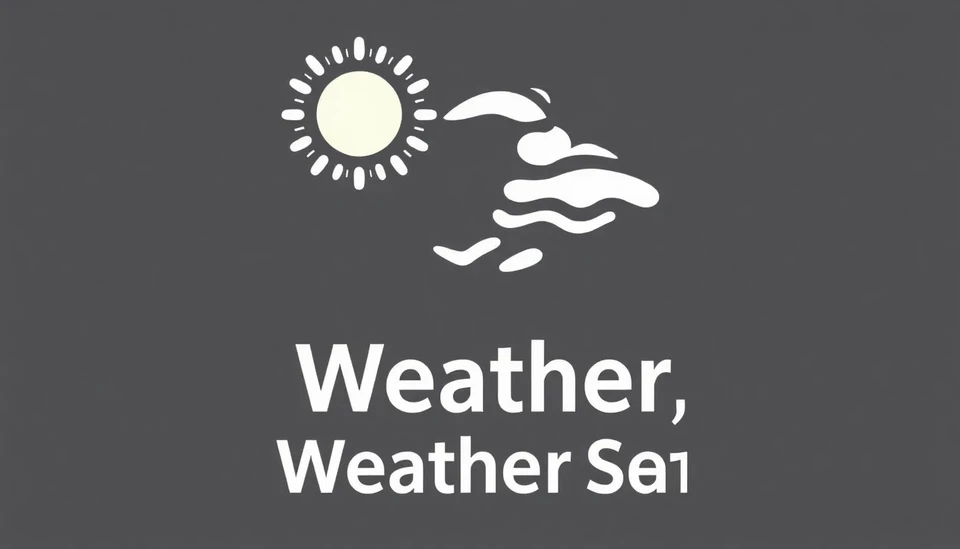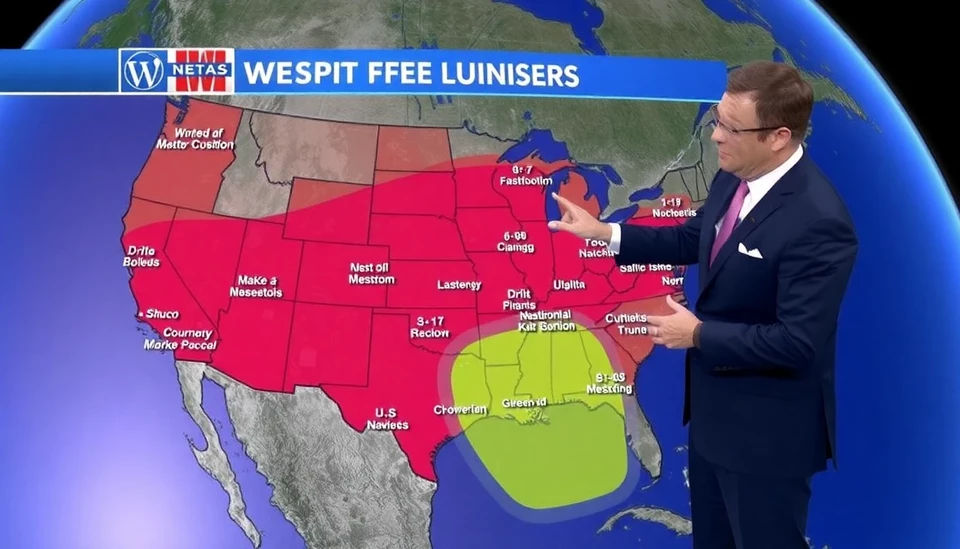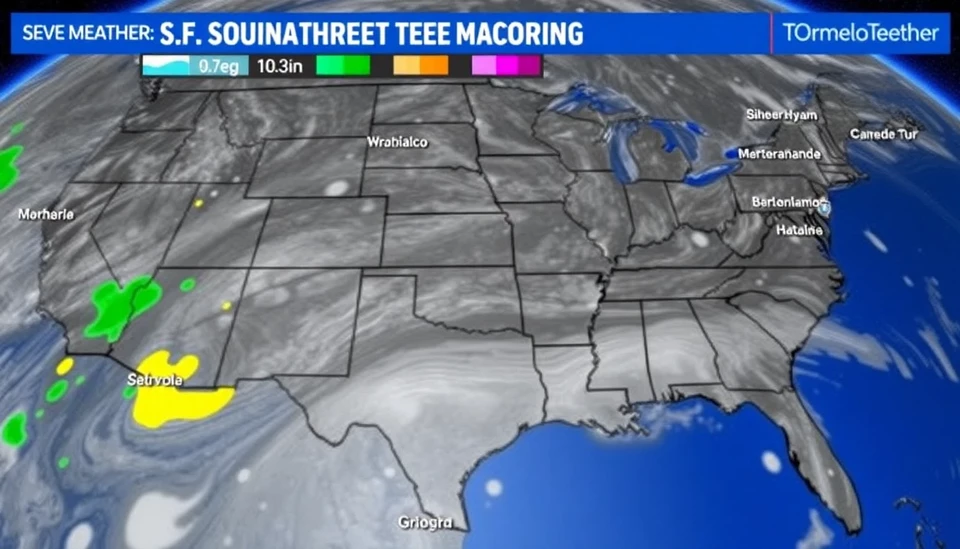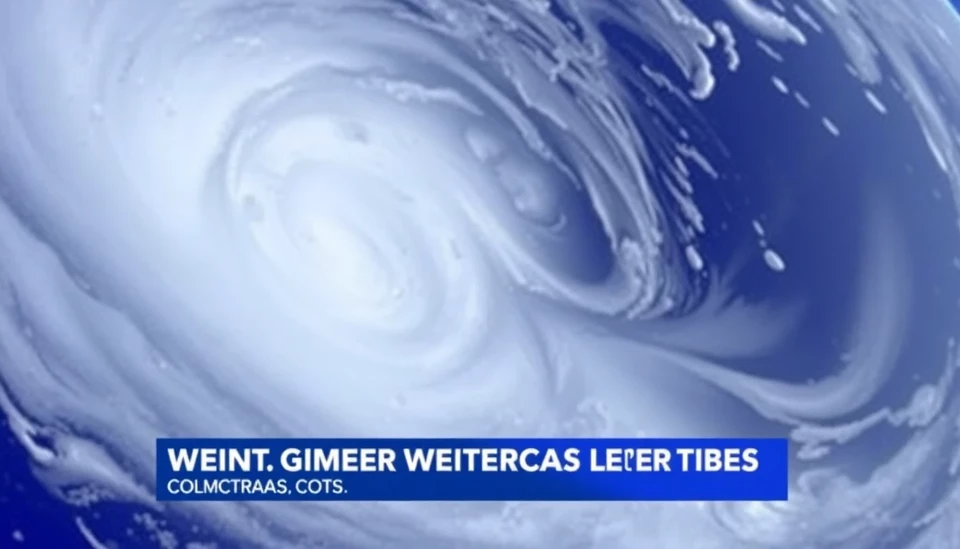
In a significant move that has drawn widespread concern, the U.S. National Weather Service (NWS) has allowed its Spanish translation service to lapse, putting millions of Spanish-speaking residents at risk of missing crucial weather information. This decision has raised alarms among advocacy groups and community leaders who argue that effective communication is essential, especially during emergencies.
The NWS previously provided comprehensive weather updates and alerts in Spanish, a necessity given that approximately 41 million people in the United States speak Spanish at home. However, due to shifts in resource allocation and budgetary constraints, the agency allowed its service to lapse at the end of March 2025, leaving many non-English proficient individuals without timely and critical information.
The importance of weather alerts cannot be overstated, particularly for communities that face higher exposure to natural disasters. With climate change leading to more frequent and severe weather events, the ability to receive information in one's native language is vital for preparation and response. Organizations like The National Association of Hispanic Journalists and other advocacy groups have voiced their outrage, emphasizing that language barriers should never compromise public safety.
Many within the Latino community have expressed their fears regarding the decision. Without access to important weather warnings—such as tornado watches, hurricanes, and severe storm alerts—individuals may fail to take necessary precautions, increasing the risk of hazards during critical times. Local emergency management officials have echoed these sentiments, noting that effective communication can significantly influence life-saving decisions.
In response to this dereliction of duty, various community leaders are organizing efforts to pressure the NWS to reinstate the Spanish translation service. They argue that the health and safety of millions should not hinge upon budget cuts, especially when alternative resources could potentially be utilized or reallocated to ensure multilingual support.
Furthermore, this situation highlights broader issues regarding language access and representation in governmental services. Advocates are calling for a more inclusive approach that recognizes the diverse demographic of the U.S and ensures that all individuals—regardless of their language proficiency—can receive essential information that affects their lives and well-being.
The lapse in Spanish services at the NWS also signals a troubling trend observed in various localization efforts across governmental agencies. As cities and states continue to diversify, the need for multi-language support in critical sectors—including public safety, healthcare, and education—becomes increasingly apparent. Advocacy groups are urging policymakers to consider legislation that mandates language access in emergency communications.
As the discourse surrounding this pivotal issue continues, many are hopeful that public pressure will lead to a swift reinstatement of Spanish language services within the NWS. Efforts are underway to mobilize support within both Spanish-speaking communities and allied organizations to ensure that such essential services are available to all, especially in times of crisis.
In conclusion, the decision by the U.S. National Weather Service to halt Spanish translation services raises pressing questions about accessibility and the protection of vulnerable populations. The pending response from the NWS is awaited as communities stand united in advocacy for their right to be informed and safe.
#WeatherService #SpanishTranslation #CommunitySafety #EmergencyAlerts #ClimateChange #LanguageAccess #Advocacy #PublicSafety
Author: Megan Clarke



